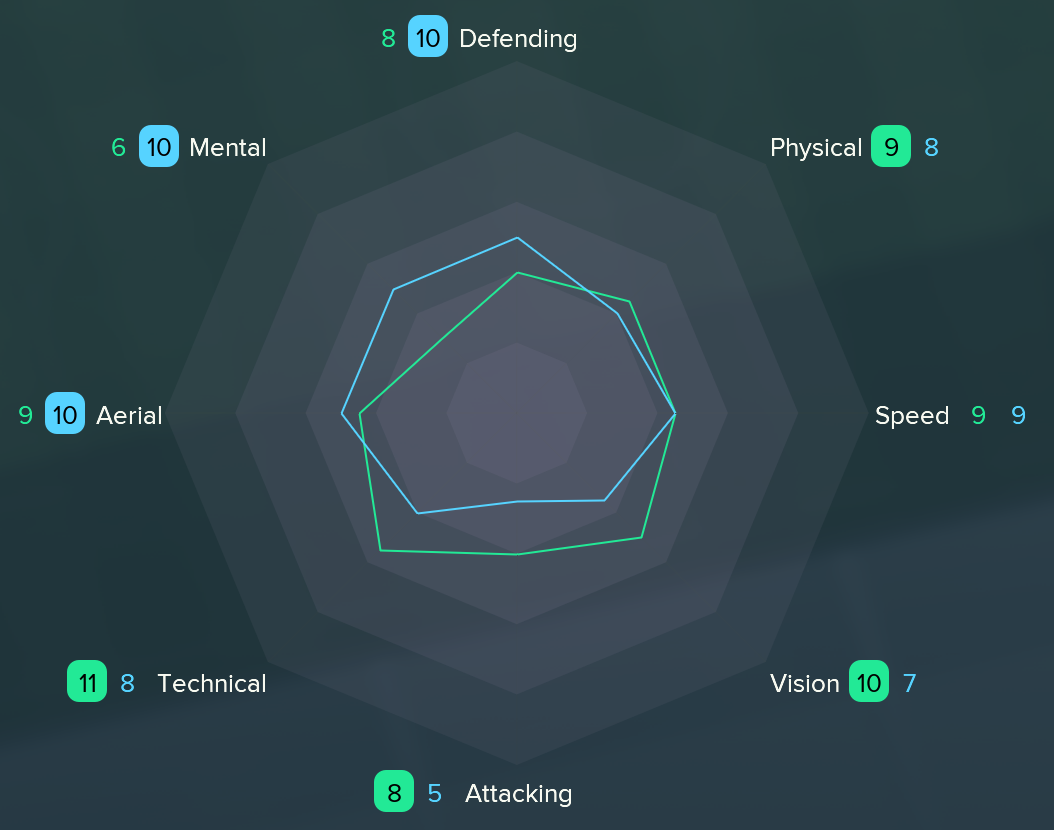
I think books are primarily aspirational and nostalgic in nature:
Below, I summarize the what and why of my reading habits.
Or, you can skip ahead, to my bookshelf.

Written language is one of the most effective methods we have of encoding knowledge.
Spoken language is a close second, but it falls short to the written word on durability (it lives and dies with people)1.
Hypertext is better than books2, with its robust support for both linear and branching narratives.
That being said, physical books have been the de facto
medium of encoding information for a very long time. If you want to
learn something about the world before 2010 (or maybe something
timeless) the strongest signal:noise is most
likely in a book.
The graph above is hand-wavy (time scales are both compressed and dilated), but humor me in its analysis… If you take the integral of the above graph for each medium, over the duration of each medium’s existence, it’s clear that books (especially old ones) will continue to be the most useful-information-rich medium during our lifetimes.
If we accept that books are the best place to search for useful information, how do we get that information into our heads?
The principal options are:
One can maybe differentiate between active and passive forms of the above, with active implying the production of notes.
I’m a passive reader, although I take a more active role with dense material. I usually don’t enjoy the context switching between reading and note-taking. This is a total 180 from my younger self.
However, I do sometimes take Oral Notes by sharing the subjects and ideas I glean from my readings with friends and family. If they prove resonant, as metaphors or fun facts, they earn a spot in my lexicon, toolkit, or principles.
The principle I’m implicitly applying here could be summarized as:
If you wouldn’t share the idea, it’s not worth remembering.

One way to visualize growth is a Skill-Polygon, of the kind seen in Football Manager-type games.
The football analogy carries some pretty thick implications!
I think my current polygon has 7 corners, with some fractals:
Audiovisual formats might totally flip this on its head,
because it aspires to combine the accessibility of oral tradition with
the durability of written word. There are other drawbacks (Playback
speed, high fidelity implying low signal:noise)↩︎
Clickable footnotes, tangents, and explanations must be the future of education, because this is how humans teach each other 1-on-1. They speak, are interrupted, diverge down explanatory tangents and anecdotes, and tie things together into a cohesive narrative. Books can only go at best one-layer deep before they become mechanically intractable. Speech can go infinitely deep, but relies on fickle memory to make the round trip. Hypertext is like speech with perfect memory.↩︎
While the physical skills of a footballer decline with age, their mental skills usually continue to grow! So, hopefully I don’t peak at 34. :)↩︎